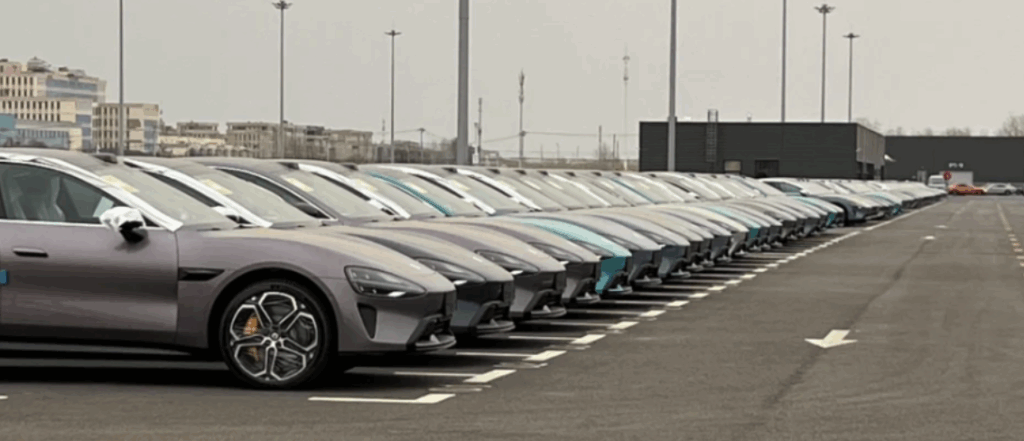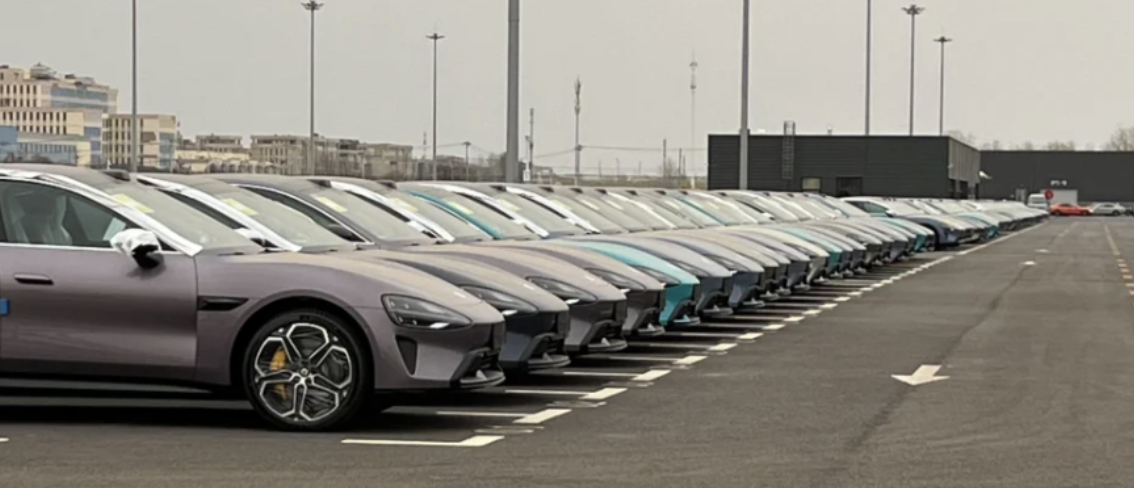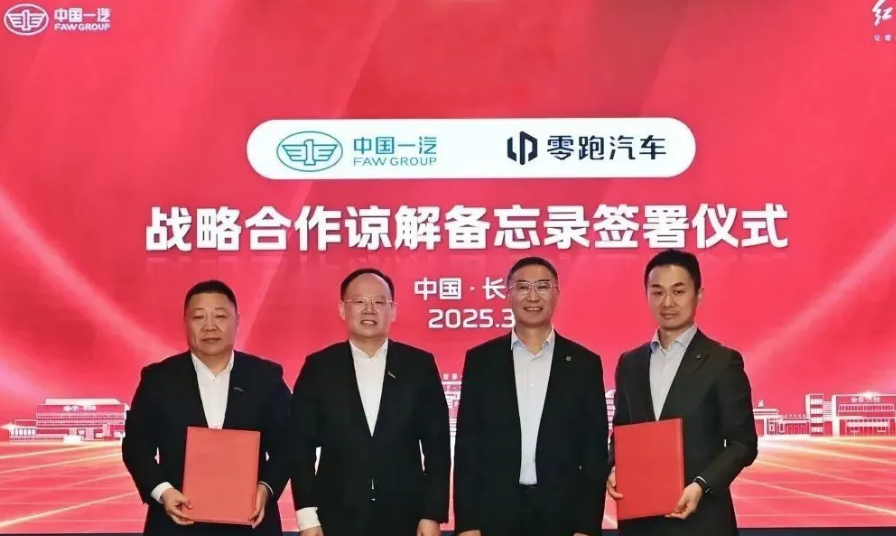According to the announcement from the State Administration for Market Regulation, Xiaomi Auto Technology Co., Ltd. has filed a recall plan with the National Market Supervision Administration in accordance with the “Defective Automobile Product Recall Management Regulations” and the “Implementation Measures for the Defective Automobile Product Recall Management Regulations.” The company has decided to recall part of the SU7 Standard Edition electric vehicles produced between February 6, 2024, and August 30, 2025, totaling 116,887 units. Among them, 98,462 units are of the XMA7000MBEVR2 and XMA7000MBEVR2 models, while 18,425 units are of the BJ7000MBEVR2 model.

The announcement indicates that some vehicles within the recall scope, when the L2 Highway Pilot Assist feature is enabled under certain conditions, may have insufficient recognition, warning, or handling of extremely special scenarios. If the driver does not intervene in time, it could increase the risk of a collision, posing a safety hazard. To address this defect, Xiaomi Auto Technology Co., Ltd. will use remote OTA (Over-the-Air) technology to upgrade the software in the recalled vehicles free of charge to eliminate the safety risk.
Regarding the recall of the Xiaomi SU7 Standard Edition, Xiaomi Auto stated that the OTA software upgrade aims to further enhance the reliability of the driver assistance functions. This includes optimizing the adaptive cruise control strategy and adding a dynamic speed feature, making the Highway Pilot Assist feature smoother and more seamless. Xiaomi Auto has always prioritized user safety. Although this upgrade does not require the physical replacement of any parts, the company is still managing and filing the recall according to the procedure. This OTA software upgrade recall is only for the Xiaomi SU7 Standard Edition models produced before August 30, 2025, and does not affect other versions of the SU7.
Today, Xiaomi Auto announced the autumn OTA upgrade, which includes the Xiaomi HyperOS 1.10.0 update. This update brings over 30 new and optimized cabin features, and all Xiaomi SU7 models will receive this upgrade. Notably, Xiaomi HyperOS 1.10.0 includes practical driver assistance features such as “Parking Offset Assistance” and optimizes the Highway Pilot Assist feature of the Xiaomi SU7 Standard Edition. Additionally, features that received positive feedback in the Xiaomi YU7, such as Super Xiao Ai Wake-Up-Free, customizable driving desktop apps, Xiaomi HyperTask, and pet/camping modes, are now available, providing a consistent cabin experience with the Xiaomi YU7.
In addition to the new and optimized cabin functions, Xiaomi HyperOS 1.10.0 further enhances the performance of the Xiaomi SU7 Standard Edition’s driver assistance system. It optimizes the vehicle’s performance on highways and urban expressways for smoother travel, improves the experience of avoiding large vehicles by recognizing them earlier and handling detours more flexibly, and optimizes the speed control strategy with the addition of a “dynamic speed” feature, which adjusts the assisted driving target speed according to road and traffic conditions.
The recalled model is the Xiaomi SU7 Standard Edition, priced at 219,900 RMB, making it the entry-level model of the SU7. According to retail data, from January to August 2025, the Xiaomi SU7 had accumulated sales of 199,950 units, making it the best-selling mid-to-large-size vehicle, ranking 6th in the domestic market and 5th in the sedan market.
It is reported that this is the second recall for Xiaomi Auto. In January this year, Xiaomi Auto Technology Co., Ltd. filed a recall plan with the National Market Supervision Administration to recall part of the SU7 Standard Edition electric vehicles produced between February 6, 2024, and November 26, 2024, totaling 30,931 units. The announcement stated that some vehicles within the recall range had a software strategy issue, which could lead to abnormal time synchronization, affecting the smart parking assistance system’s ability to detect static obstacles, increasing the risk of scratches or collisions, posing a safety hazard. To address the defect, Xiaomi Auto will use OTA technology to provide a free software upgrade to the recalled vehicles.
From the announcement, it is clear that this recall aims to further enhance the reliability of the driver assistance system. Users within the recall range do not need to visit a service center; Xiaomi Auto will provide free software upgrades via remote OTA. Of course, a recall is not necessarily a bad thing for consumers. It shows the company’s commitment to product safety and provides an opportunity for brand image reshaping. When a company faces recall issues head-on and handles them with a responsible attitude and effective action, it can often turn a crisis into an opportunity, improving and enhancing its brand image.


